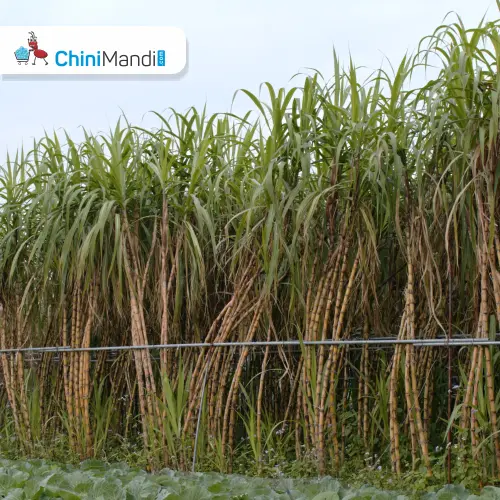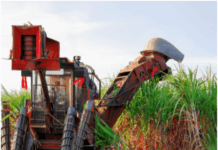A new collaborative effort is underway to combat the challenges of climate change for agriculture. Researchers from Japan’s Riken Institute and the University of Sao Paulo in Brazil will be conducting a joint study on the use of ethanol to improve crop tolerance to hot and dry conditions, reported Nhk World Japan.
This research stems from findings by Dr. Seki Motoaki’s team at Riken. Their previous work demonstrated that treating plants with low concentrations of ethanol diluted in water significantly enhanced their resilience to drought, high temperatures, and even salinity compared to plants grown without this treatment.
The study holds particular significance for Brazil, a global leader in agricultural production.
Last year, Brazil experienced some of the worst droughts on record in large areas of the Amazon River basin in the north. This research will focus on sugarcane, a vital crop for Brazil, and explore how varying ethanol concentrations impact the plant’s ability to withstand harsh conditions.
Building on Riken’s prior success with tomatoes and heat tolerance, Dr. Seki aims to expand this research to other key crops like soybeans and corn. His vision extends beyond Brazil, hoping to see these findings applied and benefitting agriculture in Asia and Africa as well.
Professor Antonio Figueira, from the Brazilian university involved in the project, expressed his enthusiasm for this collaboration. With his own experience in sugarcane drought tolerance research, he sees this joint effort as a valuable opportunity for advancements in the field.












